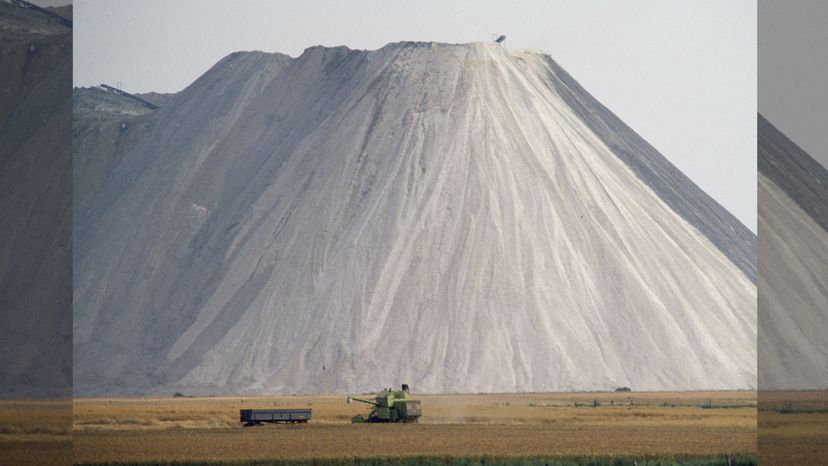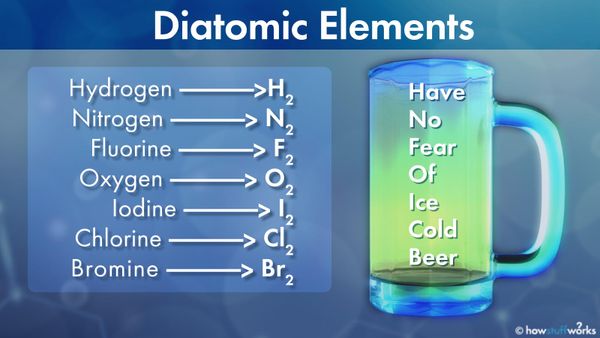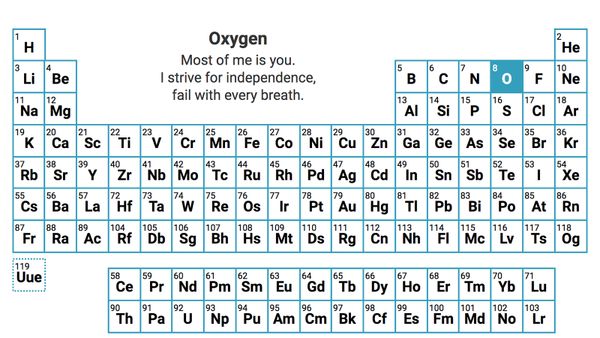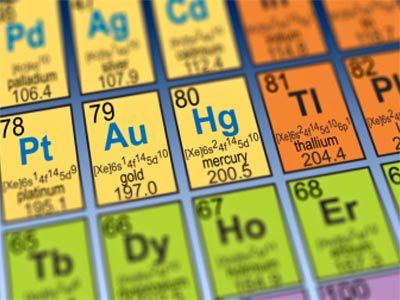
It's very likely that at this point in your life, you've heard about the chemical element phosphorus. It's arguably one of the more famous, and with good reason: It's the 11th most common element on Earth, and the second most common in the human body. And like all chemical elements, phosphorus can be found in a few different forms, just like you can turn corn into grits or tortillas or creamed corn. But arguably the most useful form of phosphorus, as far as living things are concerned, is phosphates (singular: phosphate), which, simply put, are chemical compounds containing phosphorus. Here are four things to know about phosphates:
Advertisement




